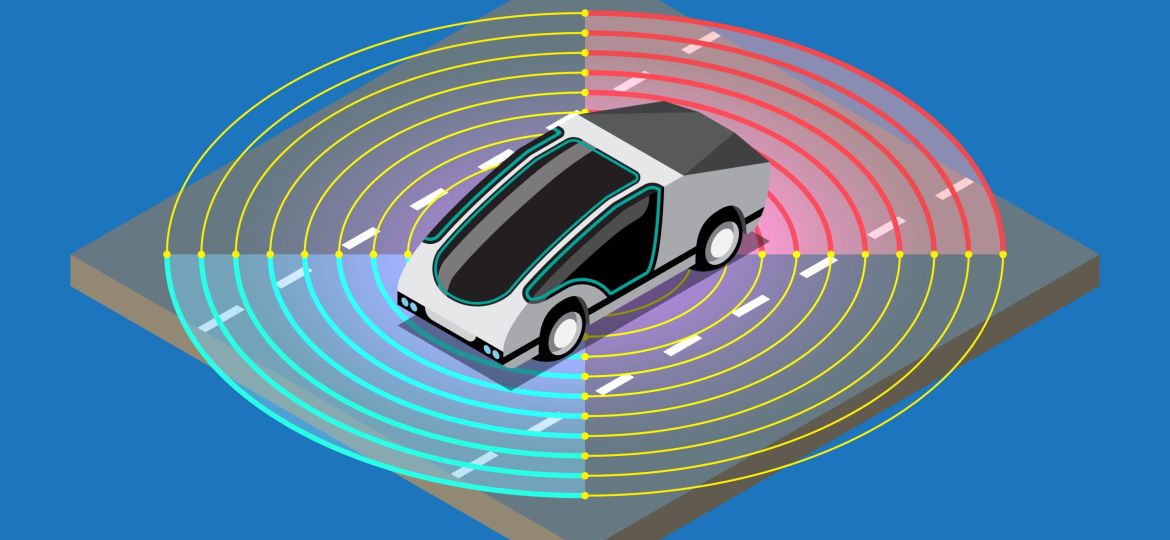Hyundai is developing three pieces of technology to improve vehicle cabin heating and cooling. These innovations could lead to efficiency gains, which might result in increased EV range but could also enhance the efficiency of gas-powered vehicles.
Hyundai and Kia are testing ways to heat and cool vehicle cabins more efficiently, saving energy in the process.
During a technology presentation in South Korea, the two manufacturers unveiled a radiant heat system that uses a burner to direct warm air at passengers’ legs. It provides warmth to the lower body within three minutes, using less energy to achieve a comfortable cabin temperature and potentially helping to extend EV range, according to Hyundai.
Hyundai and Kia showcase new temperature control technologies.
The burner can reach 230 degrees Fahrenheit but includes a burn prevention system that automatically reduces the temperature when body contact is detected. For the demonstration, nine panels with this type of heating element were installed on a Kia EV9 electric SUV, covering the base of the steering column, door panels, center console, and the base of the glovebox.
Another technology showcased was heated glass powered by a 48-volt electrical system. This can fully thaw the glass in five minutes at temperatures as low as -0.4 degrees Fahrenheit, which is up to four times faster than traditional climate control, according to Hyundai. This system also uses about 10% less energy than conventional climate control, and the embedded steel coating used to transmit heat can block solar rays, reducing cabin temperature on hot days.
Hyundai and Kia showcase new temperature control technologies.
Features like these could potentially be applied to all vehicles to improve cabin comfort while saving energy. However, they are most effective in EVs, which lack combustion engines to generate heat for warming interiors. Ford has found that heated interior surfaces can help increase EV range, and the supplier ZF introduced a heated seatbelt in 2023, making a similar claim.
Hyundai and Kia also once again demonstrated window-tinting technology that the automakers first showcased in 2023. This uses a special film to block heat from entering the vehicle while allowing heat that has already built up to escape. Hyundai previously tested this film on customer vehicles in Pakistan, where standard window tinting is banned. Hyundai has reported temperature reductions of 54.5 degrees in internal testing.


